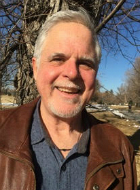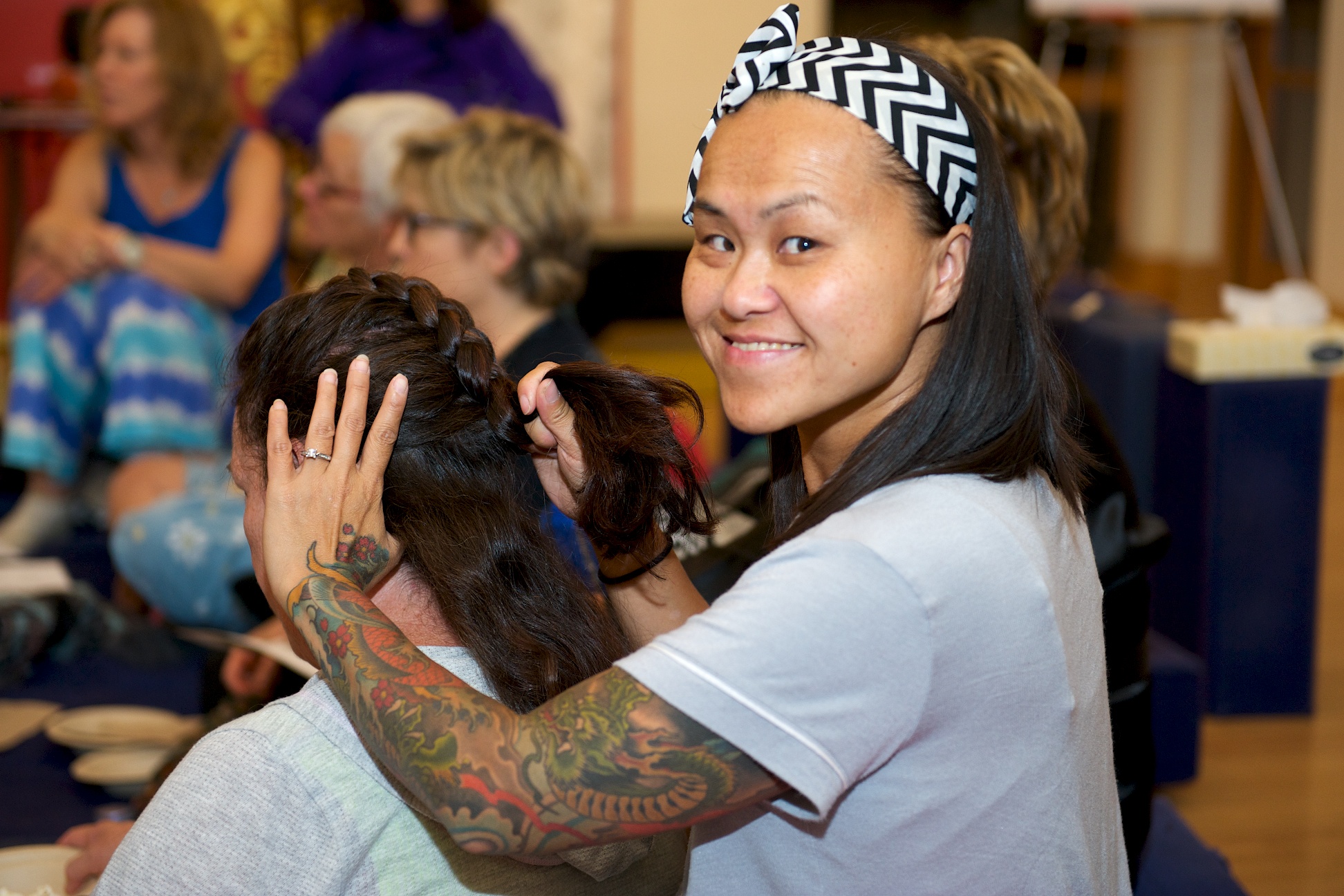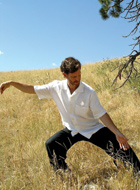Returning to the Heart of Healthcare Through Meditation
By Dr. Aaron Snyder //
Compassion is the reason most of us entered caregiving and helping professions. And underneath all the disappointment, cynicism and bureaucracy we may face at work, in our hearts we long to return to our original inspiration for serving others as we do.
Generally, we all enjoy sharing connections with those around us, and would rather be compassionate given a situation where our own well being is not threatened. Further, compassion feels profoundly good and we know that it enhances our usefulness. Still, work in healthcare involves extreme demands, and we don’t want to die or go crazy from the stress. Nevertheless, we feel for our patients and aspire to be dependable, sympathetic, allies. We aspire to give them what they need, even though sometimes it is beyond what we—or anyone else—can necessarily provide.
Ideally, we would always think of others first and allow our genuine compassion to guide our interactions with the people we work with and care for—despite outside factors. In the midst of tumult, we could pause for a moment and be un-cynical and brave enough to remember this approach. And yet, as virtuous as this sounds, it is easier said than done—right?
Patients’ demands—and not just demands but physiological and emotional needs—can feel as if they are eating us alive. And if the patients don’t crush us, the system just might. The constant pressure and overload of work in healthcare is not just in our minds. It is real. That’s why in the U.S., half the doctors and at least a third of the nurses report symptoms of burnout.
So what remedy might we apply to this situation? Can meditation help? YES!
The practice of meditation can illuminate qualities within yourself and opportunities around your circumstances. For example, through meditation you may discover:
- Your experience can be more spacious, less claustrophobic and speedy
- You feel more caring and engaged, but less often sucked into depression or helplessness over what you can’t fix
- You can be more inspired about helping people who really need help
- You have an increased ability to make genuine human connections—real collaboration with patients
- You develop a sane way to handle being repeatedly disappointed by patients, families, your institution, and the world
Every problem has an inner and an outer component: 1) what happens to you; and 2) how you experience and respond to it. With meditation, you develop the capacity to handle what your mind throws at you. Then to the extent to which you can handle your mind, you can work with others. Working with others’ actions in the frame of your own mind, you can open up to those around you.
In other words, when we can handle our own minds by reclaiming the present moment, we can relax into being more compassionate and openhearted. And this allows us to live our original inspiration to enter a helping profession—without getting crushed.
Empowering the Heart of Healthcare: Embodied Presence with Acharya Melissa Moore, Dr. Aaron Snyder, Carole McKindley-Alvarez and Leslie Booker, June 23–30, 2017 — click here to learn more
About the Author










